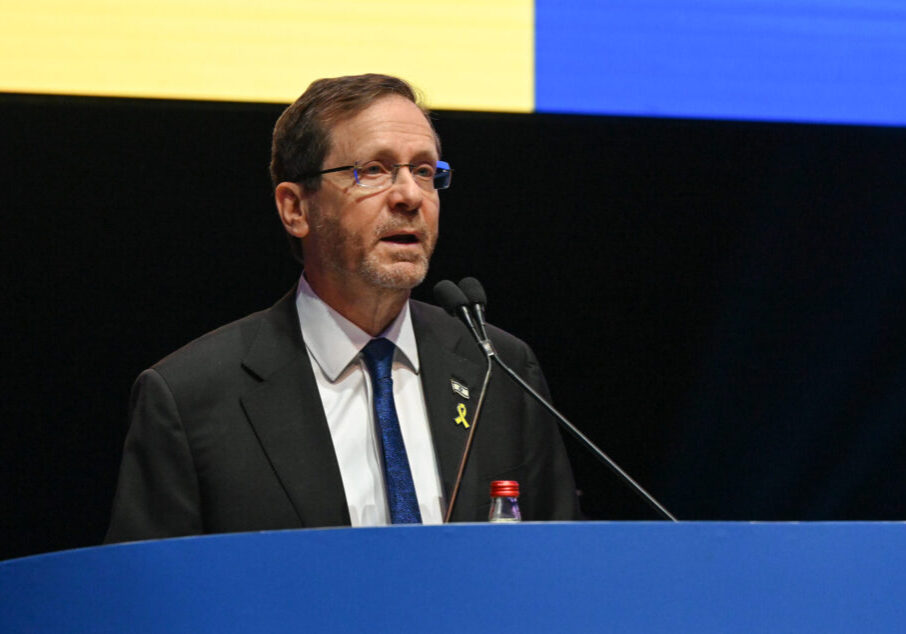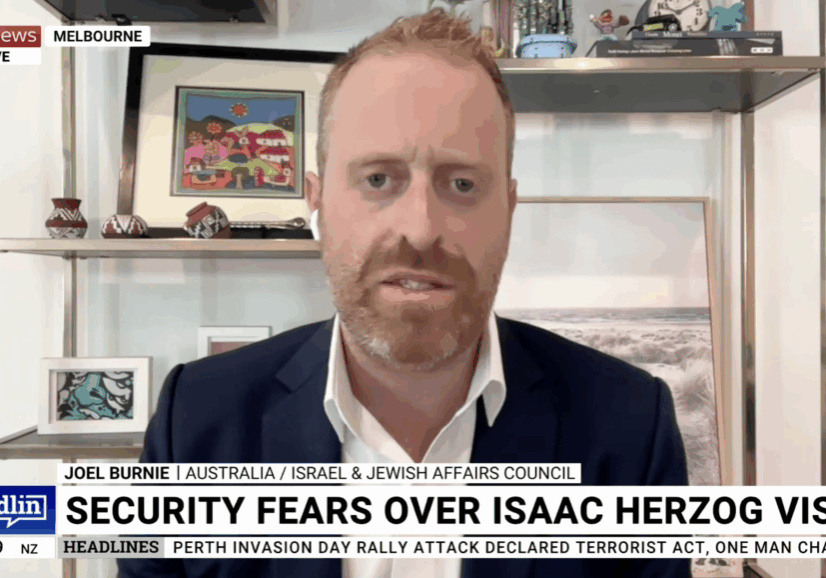Australia/Israel Review
Scribblings: A victory for common sense
Jun 28, 2021 | Tzvi Fleischer

There are many reasons to be cynical about democratic politics, but occasionally something happens which helps restore one’s faith in parliamentary processes and policy-making.
I say this in reaction to the unanimous and bipartisan decision of the federal Parliamentary Joint Standing Committee on Intelligence and Security (PJCIS) on June 22 to recommend that Australia consider extending its listing of Hezbollah as a terrorist entity to the full organisation.
Since 2003, Australian governments have listed only Hezbollah’s External Security Organisation (ESO) as a terrorist organisation under the Criminal Code. Australia is the only country in the world to proscribe part of the group in this way. All other nations which view the group as a threat either proscribe the whole entity or at least ban its full military wing. Numerous countries – including the UK and Germany – have moved to a complete ban in recent years.
Moreover, as PJCIS Chair Senator James Paterson (Liberal) and Deputy Chair Anthony Byrne (Labor) both said in announcing the Committee’s findings, drawing a distinction between the ESO and the rest of Hezbollah is “arbitrary”. No such distinction is acknowledged to exist by other governments, international experts, or even the leaders of Hezbollah itself, who have repeatedly insisted it is a unitary organisation under a single command.
So if this decision looks like a no-brainer, why is the decision such a positive example of effective parliamentary government?
Because there appears to have been die-hard resistance to expanding the listing of Hezbollah somewhere in the foreign affairs, national security or law enforcement branches of the federal bureaucracy. The reasons are not really clear, but for more than a decade, successive Australian ministers responsible for making decisions on terrorism listings have relied on classified bureaucratic advice as the basis to continue Australia’s anomalous legal approach to Hezbollah.
Both previous Minister for Home Affairs Peter Dutton and current Minister Karen Andrews cited such advice when relisting only Hezbollah’s ESO in 2018 and earlier this year, respectively. This was despite a recommendation from the PJCIS in 2018 that Australia’s listing of Hezbollah’s ESO be extended to the Military Wing.
In 2020, Dutton explained the decision to keep the current ESO-only listing by saying it was based on “facts that aren’t publicly available.”
But now our parliamentarians have forensically resisted this seemingly stubborn and irrational stance on Hezbollah by elements of the bureaucracy – and they have done so in a completely bipartisan and judicious way, without a hint of either partisan rancour or point-scoring. They have heard and weighed up the arguments of the bureaucrats – presumably including any “facts that aren’t publicly available” discussed in the closed hearings – and unanimously agreed that they do not justify Australia’s current problematic posture on Hezbollah.
This is exactly the way parliamentary committee hearings are supposed to work.
It’s a good thing, too – Australia’s limited stance on Hezbollah matters. Hezbollah has been shown to be involved in money laundering and drug trafficking through Australia, Hezbollah flags appear at local demonstrations, and at least one Australian citizen has been convicted of involvement in a Hezbollah terrorist bombing. Yet our problematic legal regime means that fundraising or even working for Hezbollah are arguably allowed in Australia.
Unfortunately, inspiring though it is, the PJCIS finding is still not the end of the story. The Committee can only recommend – only the minister for home affairs acting for the Government can actually institute a change to our terrorism listing for Hezbollah. Hopefully, given the unanimous, well-argued and emphatic recommendation from the PJCIS, it will not be long until the Government decides to do so.
Anti-normalisation jabs the Palestinians again
As this column has frequently tried to document, a hysterical adherence to “anti-normalisation” – a rejection of any normal relations with Israel and Israelis because they are ostensibly eternal enemies – by Palestinian activists and Ieaders has repeatedly hurt ordinary Palestinians a great deal. They have suffered economically, educationally, medically, and in terms of hopes for statehood, because anti-normalisation activists sabotaged numerous interactions that would have provided Palestinians with concrete benefits or significant opportunities.
In late June, the on-again, off-again Palestinian Authority (PA) attitude to a COVID vaccine swap deal reached with Israel was yet another example of anti-normalisation hurting Palestinians.
The deal was that Israel would supply the PA health system with more than 1.4 million surplus Pfizer vaccines that were due to expire shortly in exchange for an equal number of vaccines later, to come out of supplies the PA had ordered but were not expected to arrive until at least September. Thus, the PA could vaccinate large numbers of residents immediately, rather than waiting until the vaccines arrive. It was an unambiguous win-win.
The PA claimed it reneged on the agreement because the initial 90,000 vaccines it was given were expiring at the end of June (the other 1.3 million expire later), but it is crystal clear that this was just an excuse. The PA was told about the expiry dates when the deal was reached, and according to the PA’s own claims about how quickly it could vaccinate Palestinian citizens, there was plenty of time to get the vaccines into residents’ arms before they expired. Moreover, the PA reportedly had even contacted Pfizer about the expiry dates before the deal went forward and were assured the vaccines were safe. No, PA Health Minister Mai Alkaila actually decided to scrap the deal – and then reverse herself again and seek to renegotiate it – because of an avalanche of anger, largely on social media, led by anti-normalisation activists insisting this was a corrupt arrangement with the enemy to give Palestinians dangerous, expired vaccines.
The hatred and rejectionism long encouraged in Palestinian society by the PA has had self-destructive effects on the welfare of the Palestinian population yet again.
Tags: Australia, Hezbollah, Palestinians, coronavirus






